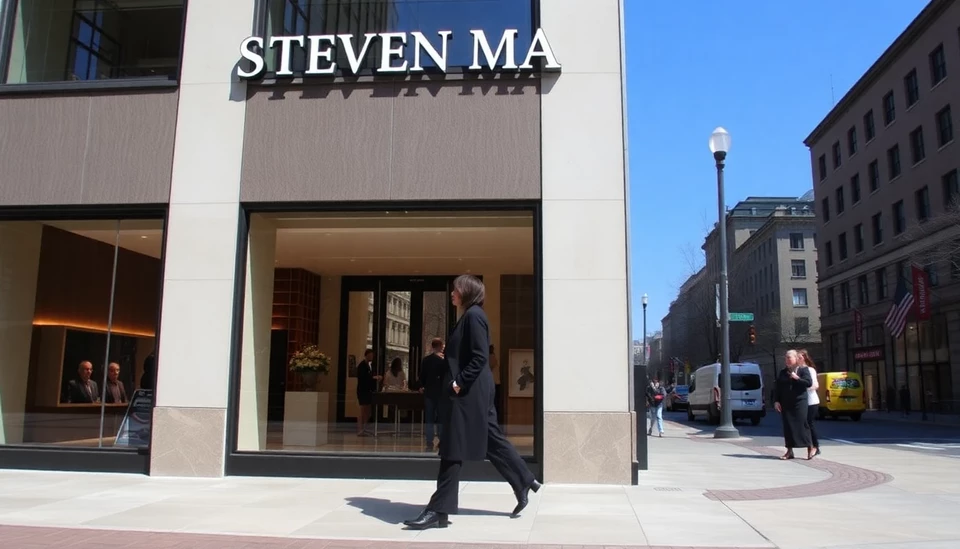
In a strategic move to sidestep escalating tariffs affecting imports from China, Steven Madden Ltd., the prominent fashion footwear and accessories company, is planning to reduce its imports from the country by a staggering 40%. This decision comes in response to ongoing trade tensions and the financial implications these tariffs pose for businesses relying heavily on Chinese manufacturing.
Company officials revealed that this significant cut is aimed at alleviating the cost pressures resulting from the U.S.-China trade conflict. The footwear industry, in particular, has been at the forefront of tariff impacts, as many companies depend on Chinese factories for production. By shifting its supply chain, Steven Madden hopes to maintain competitive pricing and safeguard its profit margins in a turbulent market.
Steven Madden's Chief Executive, Edward Rosenfeld, emphasized that the strategic realignment of supply sources is essential for the brand’s future growth and resilience. By diversifying its supply chain, the company plans to mitigate risks associated with single-country dependence. This pivot not only aligns with changing global trade policies but also positions Steven Madden to adapt more swiftly to unexpected geopolitical developments.
The footwear giant is exploring alternative manufacturing locations, which may include countries in Southeast Asia, where labor costs are competitive and trade conditions more favorable. Nevertheless, the transition will require substantial adjustments in logistics and production timelines, which may temporarily affect the brand's supply capabilities.
As tariffs fluctuate and trade regulations evolve, Steven Madden’s proactive stance demonstrates a broader trend among American companies looking to insulate themselves from international trade disputes. This move signifies an important shift in the industry, as brands assess the risk of potential price hikes that could jeopardize their market share and customer loyalty.
Industry analysts are keenly observing how Steven Madden's strategy will unfold. Some view it as a necessary adaptation to current market conditions, while others express concerns about the logistical challenges and increased complexity of managing a diverse supplier network. The footwear company is not alone in this shift; several major retailers are also scrambling to find solutions to mitigate tariff impacts.
With the holiday season approaching, Steven Madden’s ability to navigate these changes effectively will be crucial not just for immediate sales, but for establishing long-term viability in an increasingly competitive landscape. As companies like Steven Madden adapt to these new realities, the full ramifications of their strategies on pricing, production, and global trade dynamics remain to be seen.
#StevenMadden #Tariffs #TradeWar #ChinaImports #FootwearIndustry #SupplyChain #GlobalTrade #Manufacturing #FashionRetail
Author: John Harris
